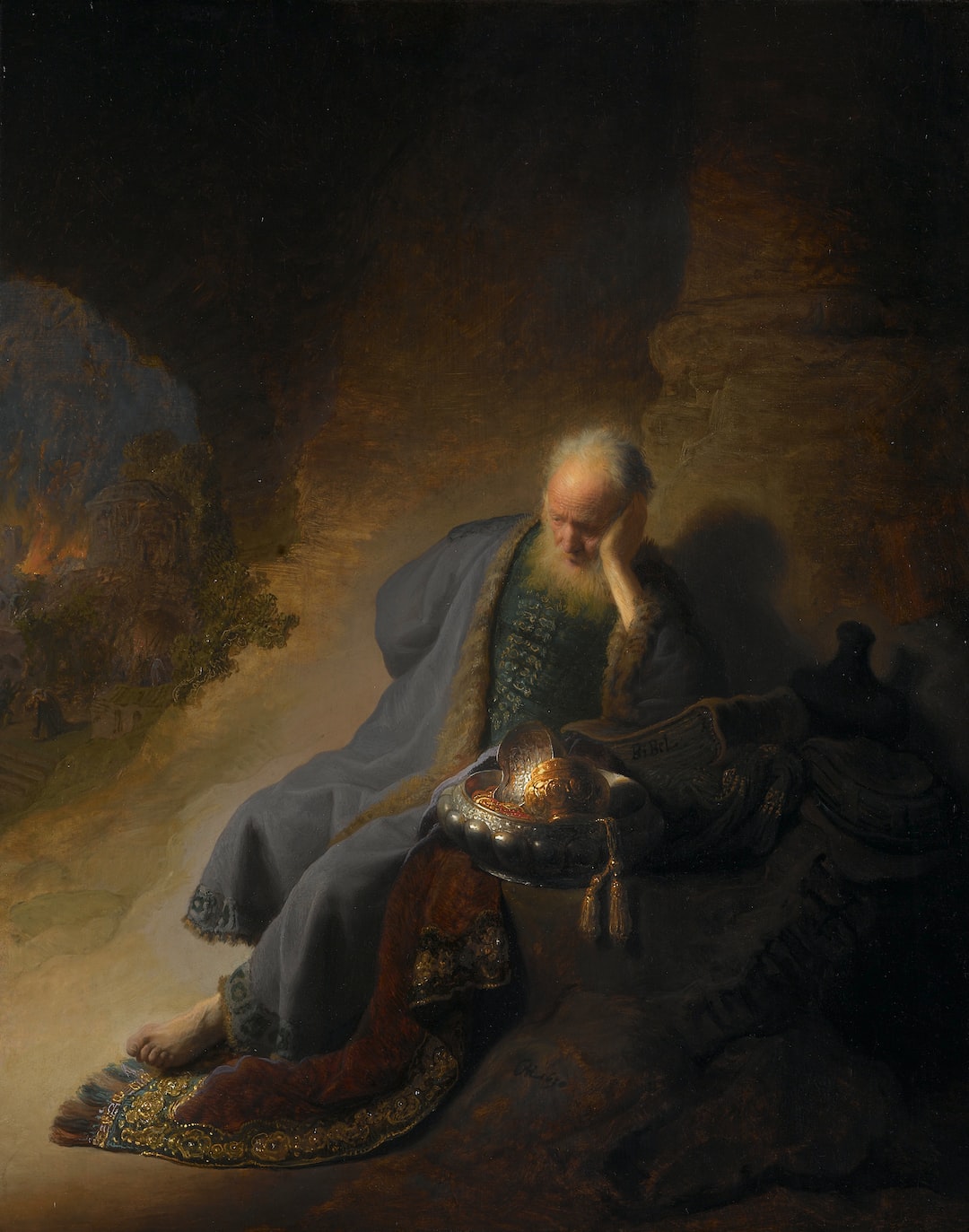Religion and ethics have been intricately linked throughout human history, as they both serve as frameworks for moral guidance and behavior. While religion provides a set of beliefs, rituals, and traditions, ethics, on the other hand, encompass principles of right and wrong conduct that are independent of any religious association. Yet, a deeper examination reveals a profound connection between the two, as religion often shapes the ethical values and moral code of individuals and societies.
First and foremost, religion can be seen as a driving force behind ethics, providing a foundational framework for moral values. Many religious traditions postulate the existence of a divine being or power, who sets forth a set of moral laws and commandments. These religious texts form the basis for ethical guidelines that followers adhere to, giving structure and purpose to their moral decision-making processes. For instance, Christianity holds the Bible as its holy text, which provides followers with guidance on how to live a righteous and virtuous life. The Ten Commandments, which include precepts like “Thou shalt not steal” and “Thou shalt not kill,” serve as moral benchmarks that shape the ethical behavior of Christians. Thus, religion provides a compass for ethical conduct, giving individuals a sense of right and wrong.
Moreover, religion often plays a vital role in shaping the ethical values of a community or society as a whole. Religious teachings and practices can have a profound influence on the ethical norms and values upheld by a group of believers. For example, in Islam, the Five Pillars, which include acts of worship like prayer and pilgrimage, are fundamental to the faith and, in turn, form the basis for ethical behavior. As a result, Islamic societies emphasize values such as compassion, generosity, and modesty, which are closely tied to the teachings of Islam. In this way, religion not only guides individual morality but also shapes the collective ethics of communities and cultures.
However, it is essential to acknowledge that ethics can exist independently of religious affiliation. Secular ethics, also known as moral philosophy, is a branch of philosophy that explores ethical principles without appealing to any religious dogma. Secular ethics relies on reason, logic, and humanistic values to guide moral decision-making. It is based on the idea that ethical principles can be derived from human experience, empathy, and the pursuit of human flourishing. Philosophers like Immanuel Kant and John Stuart Mill have developed moral theories that do not rely on religious beliefs, emphasizing concepts such as duty and utilitarianism. Thus, ethics can exist beyond the confines of religious doctrine, offering alternative frameworks for moral guidance.
Moreover, the connection between religion and ethics can also be complex and multifaceted. While religion can provide a moral foundation, it is not always synonymous with ethical behavior. Throughout history, religious institutions and leaders have been both champions and perpetrators of moral progress and ethical transgressions. The Crusades, for instance, were conducted in the name of religion, yet resulted in widespread violence and bloodshed. Similarly, religious institutions have been embroiled in scandals involving abuse of power, financial misconduct, and discrimination. These instances highlight the importance of distinguishing between religious doctrine and the actions of its followers.
In conclusion, religion and ethics have a deep-seated connection, although they are not the same. Religion often serves as a moral compass, providing principles and guidelines for ethical behavior. It shapes individuals’ moral values and influences the collective ethics of communities. However, ethics can exist independently of religious affiliation, with secular ethics offering alternative frameworks for moral guidance. It is crucial to recognize that the connection between religion and ethics can be complex and multifaceted, as it involves the actions and interpretations of religious institutions and their followers. Ultimately, exploring the relationship between religion and ethics is essential for understanding both individual and societal morality.

